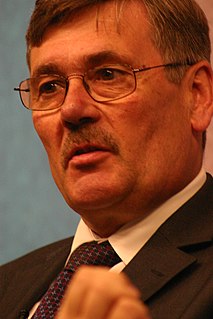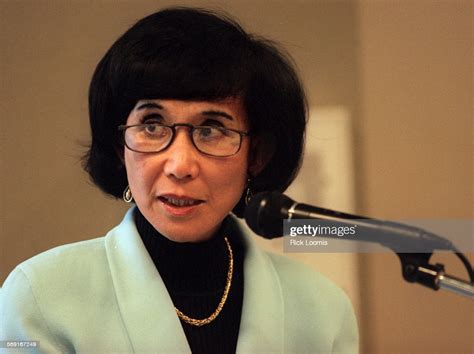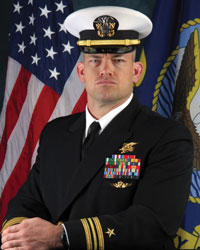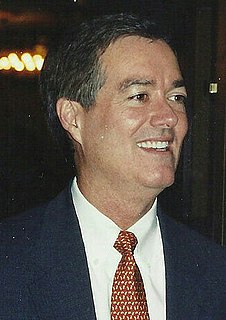A Quote by Chip Espinoza
I have worked with countless organizations that exhaust energy adapting to the weaknesses of the leader. I had a leader announce to his/her team the other day that he/she was the smartest person in the room. It perhaps was true, but that is where self-regulation should come in. The days of one genius surrounded by a bunch of worker bees are hopefully done. I know Millennials won't buy into such a scenario.
Related Quotes
Try never to be the smartest person in the room. And if you are, I suggest you invite smarter people... or find a different room. In professional circles it's called networking. In organizations it's called team building. And in life it's called family, friends, and community. We are all gifts to each other, and my own growth as a leader has shown me again and again that the most rewarding experiences come from my relationships.
The position does not make you a leader. The title, the promotion, the fancy corner office do not make you a leader. No, it is relationships with people that are the foundation, the very heart of leadership. Have you ever worked for someone you didn't like? It's difficult, isn't it? On the other hand, the leader you will follow anywhere and everywhere is one you know cares about you, and values you. This person has your best interests at heart. It is the leader who comes alongside to help you improve and grow.
He lifted his gaze to the framed photograph of Tanya and him taken on their wedding day. God, she had been lovely. Her smile had come through her eyes straight from her heart. He had known unequivocally that she loved him. He believed to this day that she had died knowing that he loved her. How could she not know? He had dedicated his life to never letting her doubt it.
She was bedridden falling a fall which broke her hip. X-rays showed that she had cancer of the colon which had already spreed. To my surprise I found her cheerful and free of pain, perhaps because of the small doses of morphine she was being given. She was surrounded by neighbours and friends who congregated at her bedside day and night. In this cosy, noisy, gregarious world of the "all-chinese" sickbed, so different from the stark, sterile solitude of the American hospital room, her life had assumed the astounding quality of a continuous farewell party.
And she [Eleanor Roosevelt]loves being a star. And she loves being a teacher and a leader and a mentor and a big friend. Also, she's tall. She's one of the tallest girls in the school. And she's an athlete. And she writes many years later, at the end of her life, she writes that the happiest day, the happiest single day of her life was the day that she made the first team at field hockey. And I have to say, as a biographer, that's the most important fact. I
Since the team understands that the leader is de facto in charge, in that respect, a leader has nothing to prove. But in another respect, a leader has everything to prove: Every member of the team must develop the trust and confidence that their leader will exercise good judgment, remain calm, and make the right decisions when it matters most.
She does not want to feel even the faintest temptation to call his mobile number, as she had done obsessively for the first year after his death so she could hear his voice on the answering service. Most days now his loss is a part of her, an awkward weight she carries around, invisible to everyone else, subtly altering the way she moves through the day. But today, the Anniversary of the day he died, is a day when all bets are off.



































